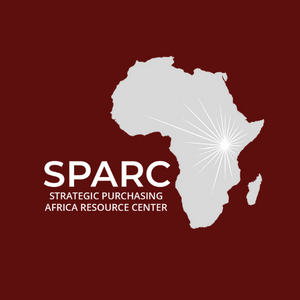
Universal health coverage (UHC) is the aspiration to ensure all people in a society receive the quality health services they need without suffering financial hardship.1 African leaders across the continent have made bold commitments to UHC, such as the Abuja Declaration (2001), the Africa Health Strategy (2007-2015, 2016-2030) and the Addis Ababa Call to Action on UHC (2019).2 Sustainable progress toward UHC requires that a country’s health financing system routinely generate sufficient, largely domestic resources to expand and sustain access to high-quality health services with financial protection. Evidence has shown that government financing is the most efficient and equitable way to fund health coverage,3,4 and financing arrangements based on pre-payment into a collective pool—as opposed to patients paying out of pocket for services at the time of use—are necessary to ensure equity and financial risk protection.3 Countries of sub-Saharan Africa are increasingly turning to public contributory health insurance as a mechanism to advance UHC goals. This policy brief provides an overview of the experience of African countries that have introduced new national health insurance (NHI) systems and the results they have achieved advancing UHC goals.
